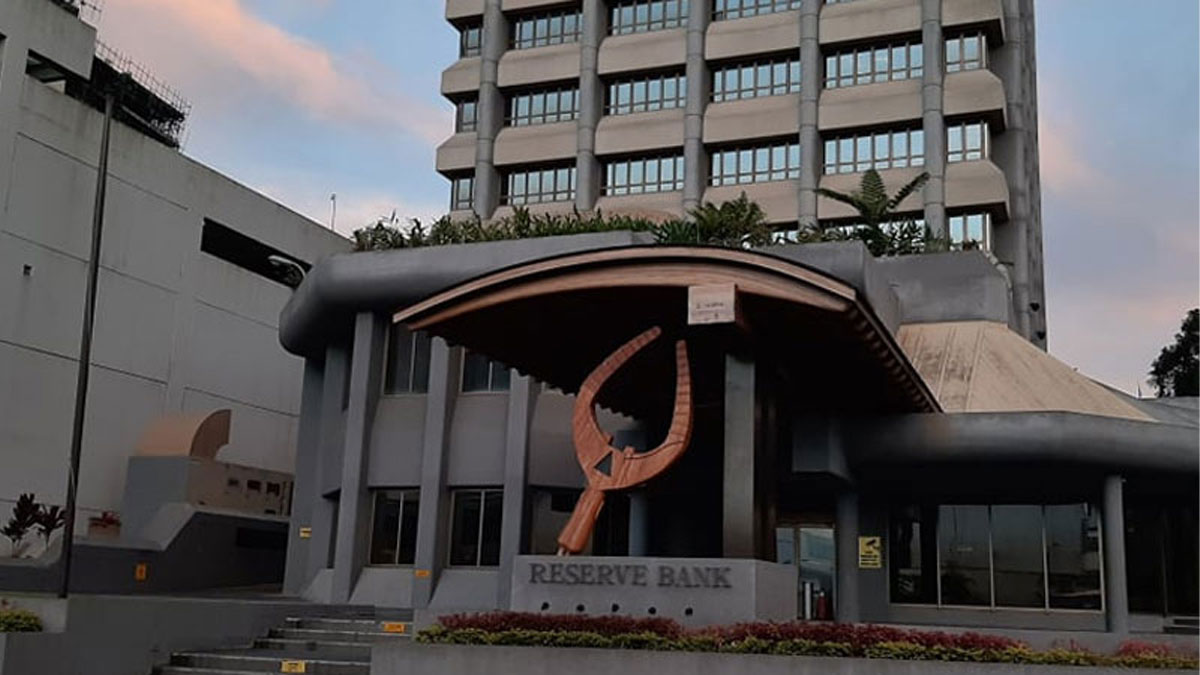
Fiji’s inflation dynamics continue to be influenced by higher imported inflation of 10.7 percent relative to a domestic inflation rate of 3.7 percent according to the Reserve Bank of Fiji’s July Economic Review.
As prices of goods and services continue to rise, the RBF says inflationary pressures persisted in June with headline inflation reaching 5.1 percent primarily driven by higher food and energy prices.
It says excluding food and fuel prices, underlying inflation remained high at 4.5 percent indicating the second-round effects of high energy prices.
The RBF says on the external front, Fiji’s trade position deteriorated further as the trade deficit (excluding aircraft) widened to 61.4 percent cumulative to April with the growth in imports at 37.8 percent outpacing a moderate expansion in exports at 4.4 percent.
The substantial increase in imports was largely driven by the mineral fuel, machinery and transport equipment and food and live animals categories.
Meanwhile foreign reserves currently stands $3.595 billion, sufficient to cover 8.4 months of retained imports.
Stay tuned for the latest news on our radio stations

